孙子李绳武悼念李光耀,网上视频人气超李显龙

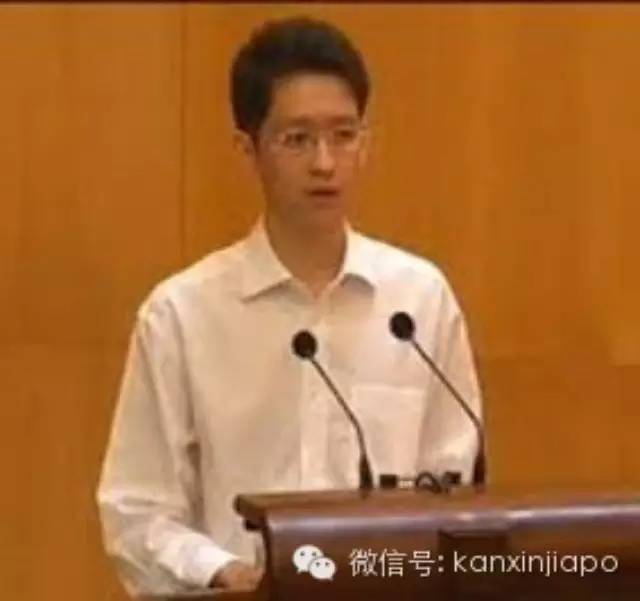
李绳武这段视频在网上浏览量达到80320个点击量时,他伯父李显龙悼词视频的浏览量只有34906个点击,父亲李显扬的悼词视频只有22310个点击。网民的浏览习惯与主流社会有所不同也是原因之一,但是李绳武本身也相当优秀。
他在牛津大学攻读经济学硕士学位时,获得世界最佳辩论员,:“他是第3個獲得最佳辯論員榮銜的新加坡人。他的口才一流,就連父親、星獅集團主席李顯揚也難說贏他,多年前就放棄嘗試與他爭辯。”媒体报道说。
以下为李绳武悼词全文:
当我们这些孙子还是小孩子时,爷爷带我们到总统府散步喂鱼,坐在池塘边,看扔进水里的面包碎,如镜水面泛起涟漪。他在草地上骑自行车运动时,喜欢有孙儿陪伴着。 星期天跟爷爷吃午餐是我们家传统。他的声音和笑声会传到孩子的那一桌,他谈论国家大事,忆述与外国领袖们的会面,说的名字我们都听不懂,也记不了。 新加坡是一个不断翻新的城市,但我祖父母的家却维持不变。一样的白墙、一样的木制家具、一样的高窗让阳光透进屋子里。连食物也没变 ,新加坡的菜式,和小贩中心美食摊卖的没差别。爷爷奶奶会带我们郊游,到动物园、科学馆和国庆庆典。小时候,我认为他的地位给我们带来最大的益处是,可以从很棒的角度观赏璀璨的烟花。
爷爷疼爱孙辈,他热爱祖父这个角色。每逢农历新年,他最开心的是看到孙子们齐来向他拜年拿红包。奶奶在2008年6月第二次中风后,他仍继续这个传统,亲自为孙儿们包红包。
我长大后,有时候会跟爷爷聊起政治和国家大事。他的话总带有一股信念,和长期深思熟虑的确定感。你们也可以猜想到,我们不是每次都看法一致。在餐桌上,他不曾作投机取巧地争论,不曾为了取得策略优势,而采纳他不相信的立场。事实就是事实,我们的理念必须有证据来支持,而不是本末倒置。 在新加坡成长,就是在他的影子下成长;从我们的高楼大厦、学校、高速公路和我们的家园里,都能看到他独特视野所产生的力量。 历史充满着人类要彻底改造社会的方案。柏拉图的《理想国》(Republic)、西哀士(Abbe Sieyes)的《第三等级是什么?》( What Is the Third Estate?) 和《共产党宣言》(The Communist Manifesto)。成功的方案很少,很多带来的流血比幸福多。他的方案带有同情心,甚至是人道的。他的目标是他的人民,你跟我,会认识到和平和富裕。他相信教育、开放的市场,和清廉的政府,能为新加坡人民变得伟大。 他的方案成功了,这是无可否认的事实。由于成功的速度太快、太彻底,以至于让我们这一代,对于新加坡建国初期的贫穷和不稳定,感觉几乎很不真实,就犹如从一场迷糊的梦中醒过来一样。
他曾是带领我们走进明天的人。从1959年他上任以来,他为新加坡的未来而奋斗。在1959年,一个普通新加坡人与1860年的一名普通美国人一样穷。今天,新加坡是世界上最发达的国家之一,新加坡的经济发展在50年内,比美国在150年内所取得的经济发展的速度还要快。这种发展步伐不太像是经济发展的进度,更像是穿越时空。
曾有人建议为他建立一座纪念碑,我的祖父回答说:“要谨记奥西曼达斯(Ozymandias)。” 他指的是雪莱(Shelley)的一首有关埃及帝国的法老的诗篇,诗中提到一名独行者在沙漠中看到一尊破碎的雕像,上面刻着:“我的名字是奥西曼达斯,王者之王,我,盖世功业,令强者绝望!”然而,除了废墟,一切已化为乌有。
我认为他的意思是,若新加坡无法生存,立碑于事无补。这个评估是准确的,因为他留下的并不是冰冷的岩石,而是一个鲜活的国家。我们不会忘记他,就像我们不会忘记苍天一样。” 人们常说,我的祖父为新加坡建立了许多重要的体制,但什么是体制?它是做事的方法,构建它的人走了,当方法还留存就是体制。一个强大的体制是稳固的,有持续性的。它与个人的人性无关,而是法治凌驾于人治之上。那也是体制建造者要作的牺牲。 建立体制就是要放弃权力,建造一个不会永远依靠你的系统。这次的葬礼没有发生混乱或有任何不确定性,显示他的任务成功了。他的辞世让我们悲痛,但不会惧怕。因为他为体制打下的根基很深。
接下来的任务就落在我们身上。我想,祖父看到我这一代的新加坡人,会感到既担忧,又抱有希望。我们是和平时代的孩子,对新加坡成为现代化国家所经历过的艰辛历程并不了解。我们视稳定、繁荣和法治为与生俱来的权利。 我们对新加坡的未来有自己的想法,有些可能显得太理想化或遥不可及。不过,我祖父50年前,承诺把这个穷乡僻壤的地方发展为大都市的看法,在当时来说,也算是令人荒诞不经的。他证明了,以勇气和清晰的思维,新加坡可以突破种种先天不足,在世界发光。
爷爷,你开始是为Merdeka,为自治权而斗争。我这个星期发现,独立这个字“Merdeka”可以追索到古荷兰词,意指自由的奴隶。当新加坡与马来西亚分开后,你收养了一个被遗弃的国家,把我们视为你的孩子。 爷爷,你选择舍弃个人的利益,放弃过一个舒适平凡的生活,而让新加坡人和他们的子孙可以享有更好的生活。如今新加坡安全且繁荣,你的恩惠,我们无以为报。 爷爷,我们会让你感到自豪,Majulah Singapura。(前进吧!新加坡!)
Honoured guests, friends, and family.
When the grandchildren were very little, Ye Ye would take us on walks to feed the fishes at the Istana. We would perch on the edge of the pond, the ripples of our breadcrumbs breaking the mirrored surface of the water. He liked to have the grandchildren nearby as he rode his stationery bike on the green grass.
Sunday lunch with Ye Ye was an institution for our family. His voice and his hearty laugh would carry to the childrens’ table, talking about matters of state, recounting meetings with foreign leaders whose names we neither recognized nor remembered.
In a city of continual renewal, my grandparents’ house never changed. Always the same white walls, the same wooden furniture, the same high windows letting in sunlight. The food stayed the same too; Singapore cooking of a kind that would not be out of place at a good stall in a hawker center. Ye Ye and Nai Nai would take us on outings, to the zoo, to the science center, to National Day. I remember that when I was a child, I believed that the chief benefit of his position was that it came with a marvelous view of the fireworks.
Ye Ye loved his role as a doting grandfather. It delighted him, at each Chinese New Year, when the grandchildren would line up to greet him and receive hongbaos. After Nai Nai had her second stroke in June 2008, he continued the tradition, preparing himself the hongbaos for his grandchildren.
As I grew up, sometimes I would talk to Ye Ye about politics and the state. Always he spoke with the courage of his convictions; with a certainty born of long consideration. As you might guess, we didn’t always agree. At the dining table, he never argued opportunistically – he never took a position he didn’t believe for a tactical advantage. The facts were the facts – our beliefs should accord with the evidence, and not the other way around.
To grow up in Singapore is to grow up in his shadow; to see in our skyscrapers, our schools, our highways, and our homes the force of his singular vision.
History is full of plans for the total transformation of society. Plato’s Republic. Abbe Sieyes’ What is the Third Estate? The Communist Manifesto. Few plans succeed, and many cause more bloodshed than happiness. As such plans go, his was compassionate – even humane. His objective was that his fellow citizens, you and I, would know peace and plenty. He believed that education, open markets, and clean government would make the people of Singapore a great people.
That his plan succeeded is beyond dispute. It succeeded so rapidly, so thoroughly, that to my generation of Singaporeans, the poverty and instability of Singapore’s beginning feels almost unreal – like a fever dream chased away by the morning light.
He was our man of tomorrow. From the day he took office in 1959, he fought to bring Singapore into the future. In real terms in 1959, the average Singaporean was as poor as the average American in the year 1860. Today Singapore is one of the most developed countries in the world. The Singapore economy has advanced more in fifty years than the American economy has advanced in one hundred and fifty years. This is a pace of progress that is less like economic development, and more like time travel.
Once, at the suggestion that a monument might be made for him, my grandfather replied, “Remember Ozymandias”. He was, of course, referring to Shelley’s sonnet about Ramses the Second, the greatest Pharaoh of the Egyptian empire. In the poem, a lone traveller encounters a broken statue in the desert. On the statue, the inscription, “My name is Ozymandias, King of Kings; look on my works, ye mighty, and despair!” Nothing beside remains.
I think his meaning was that, if Singapore does not persist, then a monument will be no help. And if Singapore does persists, then a monument will be unnecessary. And that assessment is accurate: His legacy is not cold stone, but a living nation. We could no more forget him than we could forget the sky.
It is often said that my grandfather built great institutions for Singapore. But what is an institution? It is a way of doing things that outlives the one who builds it. A strong institution is robust, it is persistent. It does not depend precariously on individual personalities. It places the rule of law above the rule of man. And that is the sacrifice of being a builder of institutions. To build institutions is to cede power – is to create a system that will not forever rely on you. That this occasion passes without disorder or uncertainty shows that he succeeded in this task. We are bereft at his passing, but we are not afraid. The pillars that he built stand strong, the foundations that he dug run deep.
The next task falls to us. I think my grandfather always saw my generation of Singaporeans with a mixture of trepidation and hope. We are children of peacetime, unacquainted with the long struggle to make Singapore a modern nation-state. We view stability, prosperity, and the rule of law as our birthrights, for good or ill.
We have our own visions for what Singapore will be. Some of our hopes may seem idealistic or far-fetched. But my grandfather’s vision must have seemed pretty outlandish too, when he stood in an impoverished backwater 50 years ago, and promised that it would become a modern metropolis. He showed us that, he showed us by example that with courage and clear thinking, Singapore can rise above its circumstances and be a light to the world.
Ye Ye, you started by fighting for Merdeka – for our right to rule ourselves. I found out this week that Merdeka has its roots in an old Dutch word, meaning a freed slave. When Singapore was cut adrift from Malaysia, you adopted an orphaned nation and made us all your children.
Ye Ye, you chose to forsake personal gain and the comforts of an ordinary life, so that the people of Singapore could have a better life for themselves, and for their children and for their grandchildren. That Singapore is safe, that Singapore is prosperous, that Singapore is – for this we owe a debt that we cannot repay.
Ye Ye – We will try to make you proud. Majulah Singapura.
李洪义
Some years ago when I was preparing to go to university, Yeye gave me a camera. This was the first and only time he ever gave me a present. Over the next few years I got deeply into photography and took thousands of photos of my time in college. After I graduated I got a book printed with my favourite ones. I presented it to him as a thank you for his gift and hopefully to show him I had done something good with it.
Yeye was more than a grandfather to me. He was an inspiration. As a child, I looked up to him and wanted to grow up to be the kind of man he was. And even now, I still do.
We would have lunch with Yeye and Nainai every Sunday at their house. We always ate simple things: mee rebus, nasi lemak, popiah. He was never one concerned with luxury or lavishness. The idea that he would care about how fancy his food was or what brand his clothes were was ridiculous. His mind was always on more important things. He would have discussions with our parents while my cousins and I would sit by the side and listen. I would always feel a bit silly after listening. He made me realize how petty all my little concerns were and how there were so many bigger problems in the world. He made me want to do something more with my life.
He was not an especially charming man. Yet when he spoke you felt compelled to listen. Because when he spoke you knew he was being straight with you. He was not trying to cajole or flatter. He would be completely frank and honest. After speaking to him in person you knew that his speeches were not puffed up fluff. They were truly his opinions on the matters he cared most about. He would never echo empty slogans or narrow-minded ideologies; it was always thoroughly researched and well-considered perspectives. I had the privilege once of accompanying Yeye to a ceremony in Washington where he was receiving an award. Hearing him speak and watching the entire room listen made me feel so proud. His charisma came not from showmanship but from pure substance.
Yeye understood the limits of his knowledge. He made it a point to try and understand the flaws and risks of his own perspectives better than anyone else. This was especially true when it came to Singapore. He refused to let blind nationalism run this country into the ground. He cared deeply about this country and made sure that he was aware of any weaknesses that could cause us harm. And yet he was very proud of Singapore and confident that we could be better.
Yeye showed me that you could make a difference in this world. Not just that you could make a difference, but that you could do it with your head held high. You didn’t have to lie, cheat, or steal. You didn’t have to charm, flatter, or cajole. You didn’t have to care about frivolous things or play silly games. You could do something good with your life, and the best way to do so was to have good principles and conduct yourself honourably.
People admired Yeye for his brilliant mind. They admired him for his ability to lead and rally us together. They admired him for all of his staggering accomplishments. These are all true. But to me, what made him a great man was the person he chose to be. A man of character, clarity, and conviction. We should remember him less as a man who gave us great gifts, and more as a man who showed us the kind of people we could be.
When Yeye gave me that camera years ago, he wrote me a note. It was a simple note without any flowery language or cheap sentiment. He simply told me that he hoped I made good use of it. I hope I have.
(中文翻译由网友苏珊译校。欢迎更多网友志愿者加入。)



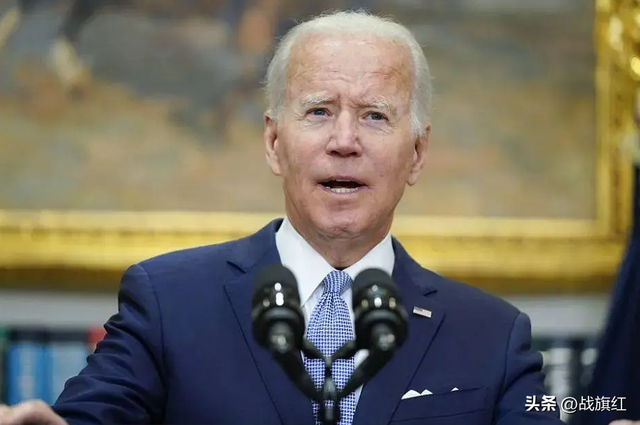
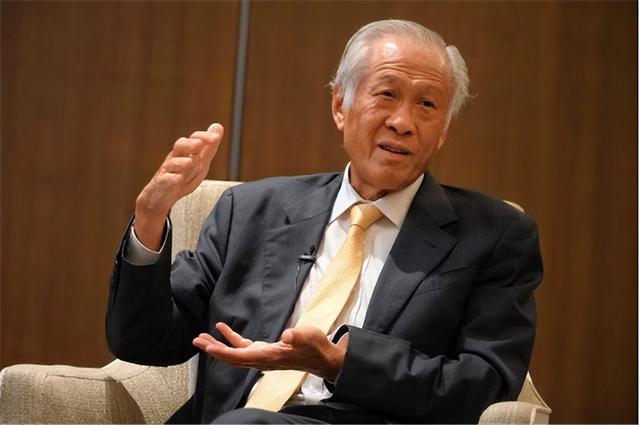
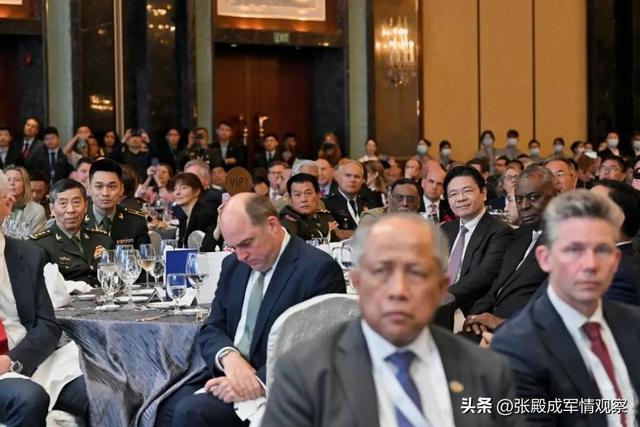
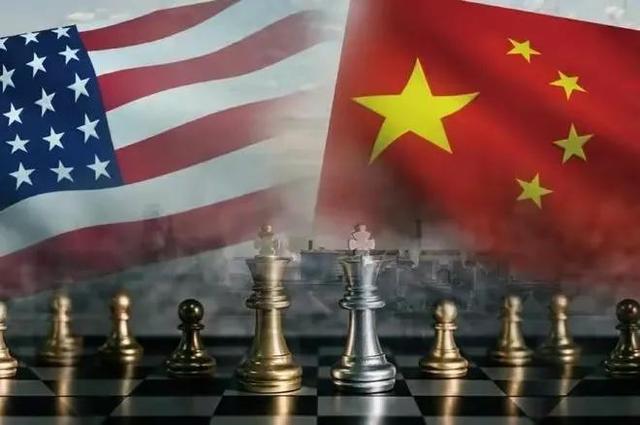
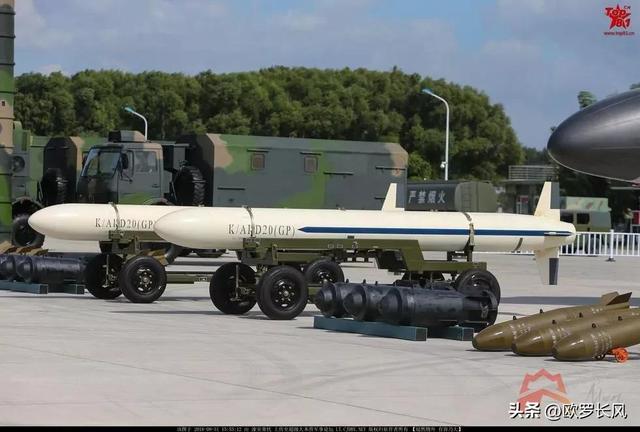

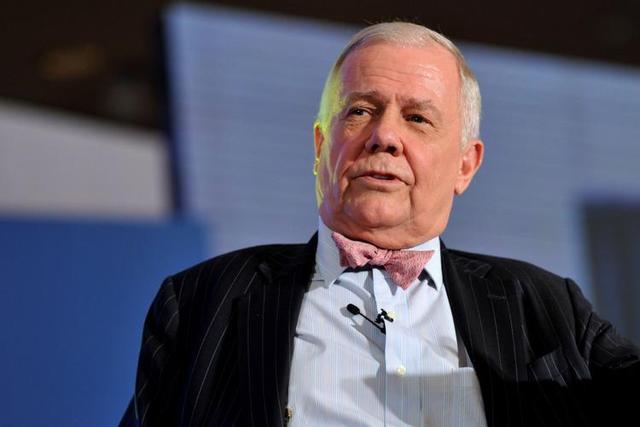










评论